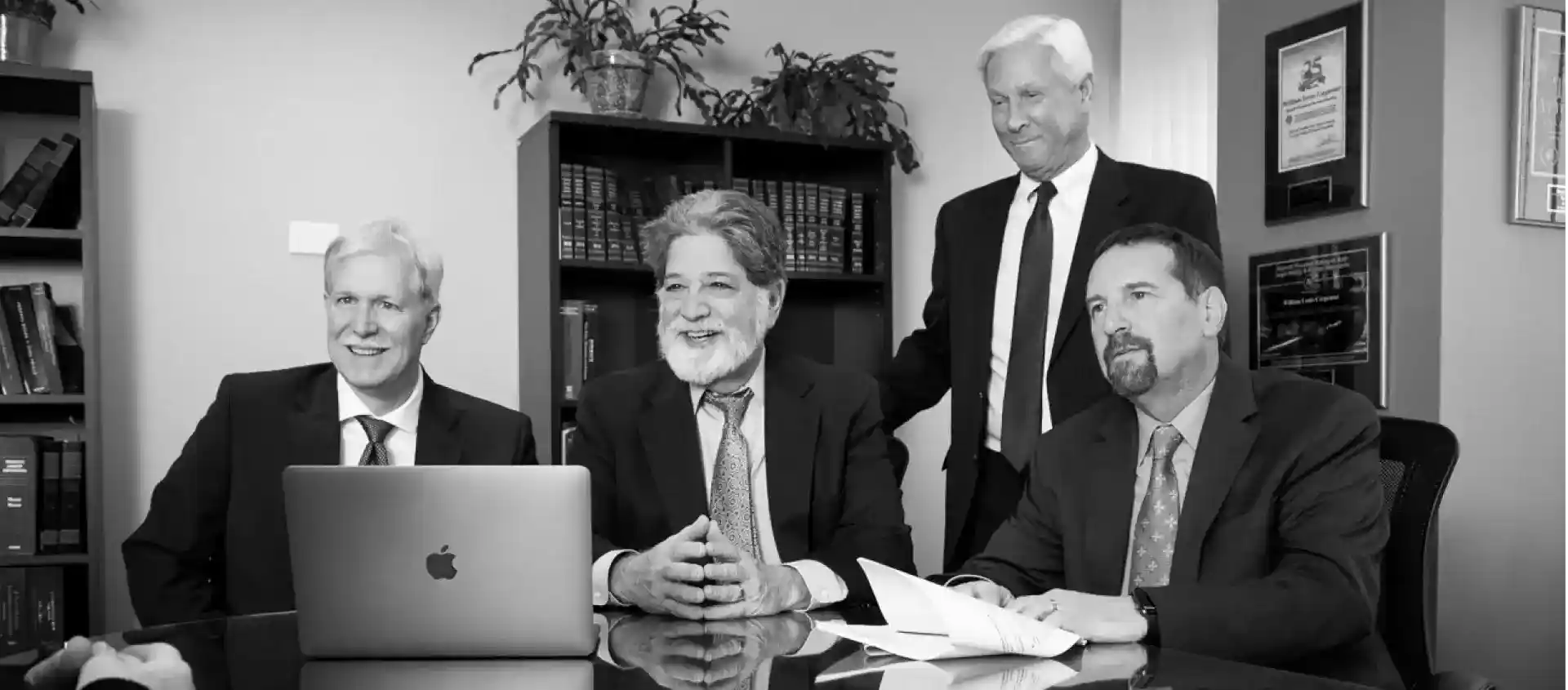
You will often hear the phrase, “possession is 9/10ths of the law,” meaning that a person with actual possession of a piece of property holds a stronger legal claim to it than anyone else. In most cases, people use the phrase to describe ownership rights in a piece of real or personal property.
But if you are charged with possession of stolen property or possession of a controlled substance, the phrase takes on a different meaning—one that’s not to your advantage. What does possession is 9/10ths of the law mean in this context? In most cases, it means that the person with physical possession of contraband is the one to face the charge.
If you were charged with a possession crime in Colorado, you should consult an attorney right away. Our team can help you understand the issues surrounding the possession of property or contraband. A criminal defense attorney will discuss your options and prepare a strategy for your case. Contact Gerash Steiner Blanton, P.C., to schedule an appointment with one of our attorneys.
What Does Possession is 9/10ths of the Law Mean in a Criminal Case?
Many criminal charges arise from possessing something that is illegal. Possession means that you knew the item was illegal and (1) you had it on your person or (2) you had knowledge that it was in your presence (like the front seat of your car) and you had control over the item.
In a criminal case, actual possession or constructive possession (meaning you had control over the item) typically applies to determining who to charge with the crime.
A “possession is 9/10ths of the law” example might go something like this. Law enforcement locates stolen property in your car when you are pulled over for a traffic violation. But you claim that the stolen property was placed there by someone else. Despite your claim, your possession of stolen property itself can sustain a criminal charge. But just because you’re in possession of stolen property without a great explanation, it does not mean you should accept any plea agreement sent your way. Legal defenses may apply to your case, including:
- You did not have actual or constructive possession of the contraband (i.e., it was found in a shared area and you did not know it was there);
- Authorities lacked reasonable suspicion to pull you over;
- You have a valid prescription for a controlled substance that was found in your possession;
- Your constitutional rights were violated during your arrest, or
- The evidence against you is inadmissible in court.
Our team has the knowledge and experience necessary to represent your rights against possession charges. If you or a loved one was charged with a possession crime in Colorado, contact a lawyer today to discuss your case.
What Kind of Possession Crimes Exist in Colorado
Colorado imposes criminal penalties for multiple different possession crimes. Some common possession crimes are described in more detail below.
Possession of a Controlled Substance
You cannot possess controlled substances in Colorado without violating criminal statutes. Controlled substances include:
The penalties for possession of a controlled substance in Colorado depend on the schedule the controlled substance falls into. If you were charged with possession of a controlled substance in Colorado, contact a lawyer as soon as you can.
Possession of Stolen Property
Colorado makes it a crime for someone to receive property that they know is stolen. If someone receives property they do not know is stolen, they cannot be charged with receiving stolen property. However, they may be required to forfeit the property. The prosecutor will try to find things like text messages, social media posts, or other indicators that you knew the property was stolen.
Possession of a Weapon by a Previous Offender
Colorado prohibits individuals with certain criminal convictions from owning or possessing a firearm. In Colorado, you cannot possess a firearm if you:
- Were adjudicated as a juvenile for an offense that would have been a felony if you were an adult;
- Were convicted of a felony;
- Are serving a probation sentence; or
- Are named in a court order restricting firearm possession.
In most cases, Colorado considers possession of a weapon by a previous offender (POWPO) a class 6 felony. The presumptive penalty for a class 6 felony includes between 12 and 18 months in prison and a fine of up to $100,000. Colorado also prohibits individuals under 18 from possessing a firearm.
How Can a Lawyer Help Me with a Possession Case?
Our team at Gerash Steiner Blanton carries on a decades-old Colorado legacy of providing criminal defendants with solid legal representation. In all legal matters, our attorneys Dan Gerash, Mike Blanton, and Eric Steiner, M.D., proudly uphold the standard set by retired legendary Colorado attorney, Walter L. Gerash.
Some of the things that set our team apart from other defense lawyers include:
- Our inclusion in the list of Best Lawyers in America®,
- Providing clients with our cell phone numbers,
- Our selection for the list of Colorado Super Lawyers®,
- A 5.0 out of 5.0 AV® Rating™ for highest ethical standards and legal skill, and
- Offering prospective clients a free initial consultation.
Our attorneys have received a number of prestigious awards within the legal community, earning the respect of our peers in and out of the courtroom. As a former deputy public defender, Mr. Gerash has represented hundreds of clients accused of possession and created a strategy to help them secure a favorable result in their case.

